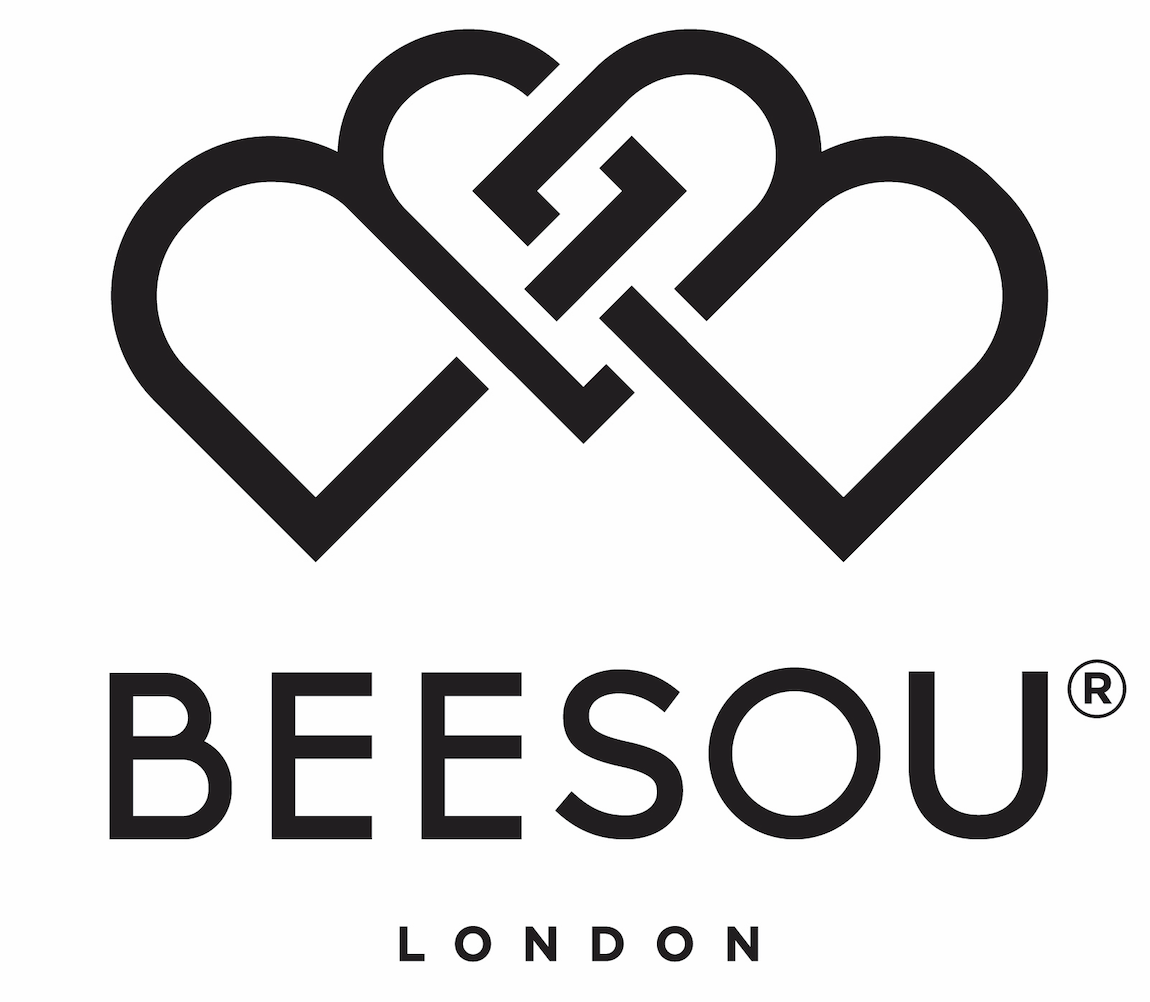

Beehave Beverages Ltd

City of London, United Kingdom
December 2021
Beverages
Wholesale/Retail
United Kingdom
Beesou is a premium, all-natural bitter honey aperitif with a low ABV of 11%, created with ethically-sourced British honey and natural botanicals. Beesou holds itself to high standards of social and environmental performance, as well as supporting ethical beekeeping while raising money for the Bees for Development charity. While it is not mandatory for alcoholic beverages to list ingredients, Beesou does so and champions accountability and traceability of their product and ingredients, encouraging others to make conscientious choices for themselves and the environment. Perfect neat, as a spritz or in cocktails, with a distinctive sunshine yellow colour which comes from all-natural safflower extract, the flavour profile is complex, with bitter top notes of cinchona bark and chinotto giving way to a burst of bitter orange and pink grapefruit before rounding out into the mellow sweetnesss of raw honey. The range is set to expand in future into the non-alcoholic space with Beesou Zero.
Overall B Impact Score
Governance 15.0
Governance evaluates a company's overall mission, engagement around its social/environmental impact, ethics, and transparency. This section also evaluates the ability of a company to protect their mission and formally consider stakeholders in decision making through their corporate structure (e.g. benefit corporation) or corporate governing documents.
What is this? A company with an Impact Business Model is intentionally designed to create a specific positive outcome for one of its stakeholders - such as workers, community, environment, or customers.
Workers 28.5
Workers evaluates a company’s contributions to its employees’ financial security, health & safety, wellness, career development, and engagement & satisfaction. In addition, this section recognizes business models designed to benefit workers, such as companies that are at least 40% owned by non-executive employees and those that have workforce development programs to support individuals with barriers to employment.
Community 22.0
Community evaluates a company’s engagement with and impact on the communities in which it operates, hires from, and sources from. Topics include diversity, equity & inclusion, economic impact, civic engagement, charitable giving, and supply chain management. In addition, this section recognizes business models that are designed to address specific community-oriented problems, such as poverty alleviation through fair trade sourcing or distribution via microenterprises, producer cooperative models, locally focused economic development, and formal charitable giving commitments.
Environment 19.4
Environment evaluates a company’s overall environmental management practices as well as its impact on the air, climate, water, land, and biodiversity. This includes the direct impact of a company’s operations and, when applicable its supply chain and distribution channels. This section also recognizes companies with environmentally innovative production processes and those that sell products or services that have a positive environmental impact. Some examples might include products and services that create renewable energy, reduce consumption or waste, conserve land or wildlife, provide less toxic alternatives to the market, or educate people about environmental problems.
Customers 2.6
Customers evaluates a company’s stewardship of its customers through the quality of its products and services, ethical marketing, data privacy and security, and feedback channels. In addition, this section recognizes products or services that are designed to address a particular social problem for or through its customers, such as health or educational products, arts & media products, serving underserved customers/clients, and services that improve the social impact of other businesses or organizations.